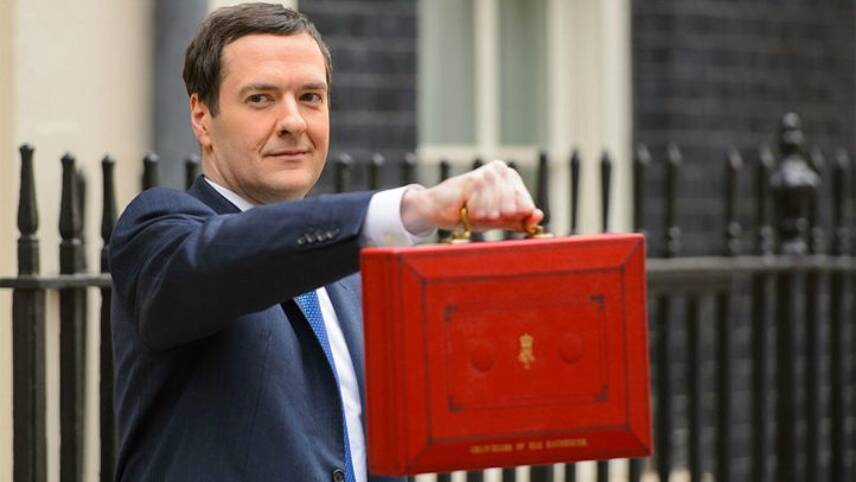Register for free and continue reading
Join our growing army of changemakers and get unlimited access to our premium content

Those of you who have read my qualifications[1] might realise that MIGEM stands for ‘Member of the Institution of Gas Engineers and Managers’ – a body I’ve been a corporate member of since 1988; near to the end of my 14 years with British Gas (I then had time with Amerada Hess, Eastern Natural Gas and Kerr McGee Gas). So I must admit that I have an interest in the Gas Industry even if I now find my focus is on other parts of the energy industry much of the time.
I spent a lot of my working history effectively reducing Climate Change by moving companies from the high carbon oil, coal and electricity to the more carbon efficient Natural Gas and in specifying/installing energy efficient equipment throughout my working life, so I can claim some credit for my actions in ameliorating Global Warming in my little sphere of influence.
I’m also aware as a chemist (one of the early articles I read about the Greenhouse Effect was in the Journal of the Royal Society of Chemistry) that Natural Gas, as primarily Methane, has the lowest carbon emissions per kWh of any common fossil fuel as it has the lowest Carbon to Hydrogen ratio (somewhere in the world someone must be using Hydrogen bubbling out of the ground as a fuel). That means that using natural gas as a direct fuel emits less carbon per unit of delivered energy than the alternatives. That at the moment includes mains electricity which, until renewables and nuclear become the dominant component of the mix, produces around two and a half times the carbon per kWh compared to mains gas.[2]
So while I understand that to make the ultimate solution to climate change we must decarbonise almost completely, which means that we must use NO fossil Fuels (including Mains Gas) unless we can capture the Carbon Dioxide emitted and lock it away for eternity, displacing end use gas with electricity is not a good idea. Until the production of electricity emits less Carbon than the direct use of gas increasing use of the former increases carbon emissions and acerbates climate change.
Natural Gas is therefore a “bridging fuel” helping us to limit emissions while we are investing in better measures.
So why is one of the “minor” announcements in the Budget the revelation of the intention to harmonise Climate Change Levy (for those who don’t know it’s an additional change per kWh to business users of mains gas and electricity) between fuels? Previously reflecting the difference in nett Carbon emissions the rate for gas was lower than for electricity- now that difference is to be removed and only the inherent higher cost of electricity[3] and capital cost differences affect the financial decision.
So why are HMG announcing the changes now[4]? Are they assuming an inertia in users? Are they assuming that emissions now are unimportant (and won’t hang around for millennia)? Or do they want to kill gas as quickly as possible even though that may increase emissions in the short/medium term?
At the moment the best thing that can be done (if you can’t change to truly carbon free sources) is to burn gas as efficiently as possible, changing to electricity now damages to planet FOREVER. At a point in the future when the big Fossil Fuel Power Stations are closed, only used when renewables aren’t available due to things like bad weather and/or capable of capturing and sequestrating all their carbon emissions, then going “all-electric” makes sense. At the moment it is NONSENSE! Hopefully for the planet that point is soon and we will all be able to decarbonise.
(As a final comment I commend those who are seeking ways to decarbonise the gas system by, for example, distributing Hydrogen through it – not quite as easy as it sounds…)
[1] BSc CEng MIGEM MEI FEMA MISP
[2] DECC figures 0.188 gas 0.46 electricity approximately
[3] let’s assume you generate by burning gas (at the moment everything else is more expensive per kWh and with the exception of high capital renewables and biomass generates more Carbon), you put at least 40% or so of the energy up the flue and lose 10% in distribution – and there are other losses inherent in grid security.
[4] They don’t take place until 2019 -so why announce now? Does that mean they expect the electric generation mix to change enough by then despite the changes to FiT etc.?



Please login or Register to leave a comment.